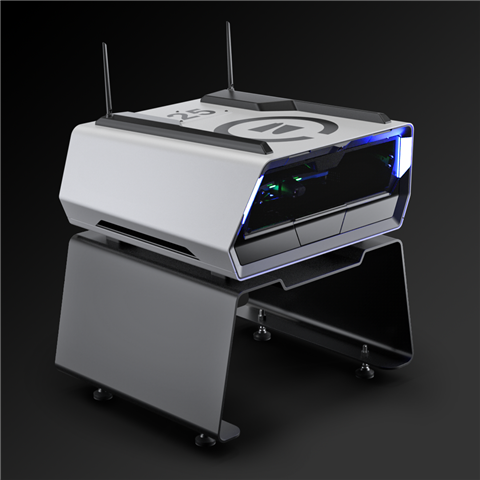Autonomous drone solution for remote visability
12 December 2022
Drone manufacturer Skydio has announced the launch of its new product line, which includes Skydio Dock and Skydio Dock Lite, powered by Skydio’s new Remote Ops software.
 Skydio Dock (Photo: Skydio)
Skydio Dock (Photo: Skydio)
Dock and Dock Lite are said to be the smallest, lightest, and smartest cloud-connected base stations for drones. Built on AI models, US-based Skydio says that its Dock solutions give users complete remote and autonomous visibility into tasks like site inspection and monitoring, mapping, and situational awareness.
Skydio drones housed in Dock and Dock Lite can fly safely with a single off-site operator or autonomously. Further, Skydio Remote Ops software enhances the drone’s AI-powered autonomy so operators can effortlessly perform streamlined missions.
Adam Bry, CEO of Skydio, says, “Skydio Dock and Skydio Dock Lite, combined with our Remote Ops software, deliver autonomous capabilities for our customers, whether they are monitoring their warehouses, inspecting a security perimeter, or assessing infrastructure following a natural disaster--finally realizing the promise of efficient, scalable remote operations”
Skydio Dock, Skydio Dock Lite and Skydio Remote Ops are announced with the participation of Skydio’s Early Access customers and partners — including the North Carolina Department of Transportation, Southern Company, Caltrans, the Oracle Innovation Lab, and Japan-based Obayashi Construction.
STAY CONNECTED



Receive the information you need when you need it through our world-leading magazines, newsletters and daily briefings.
CONNECT WITH THE TEAM








